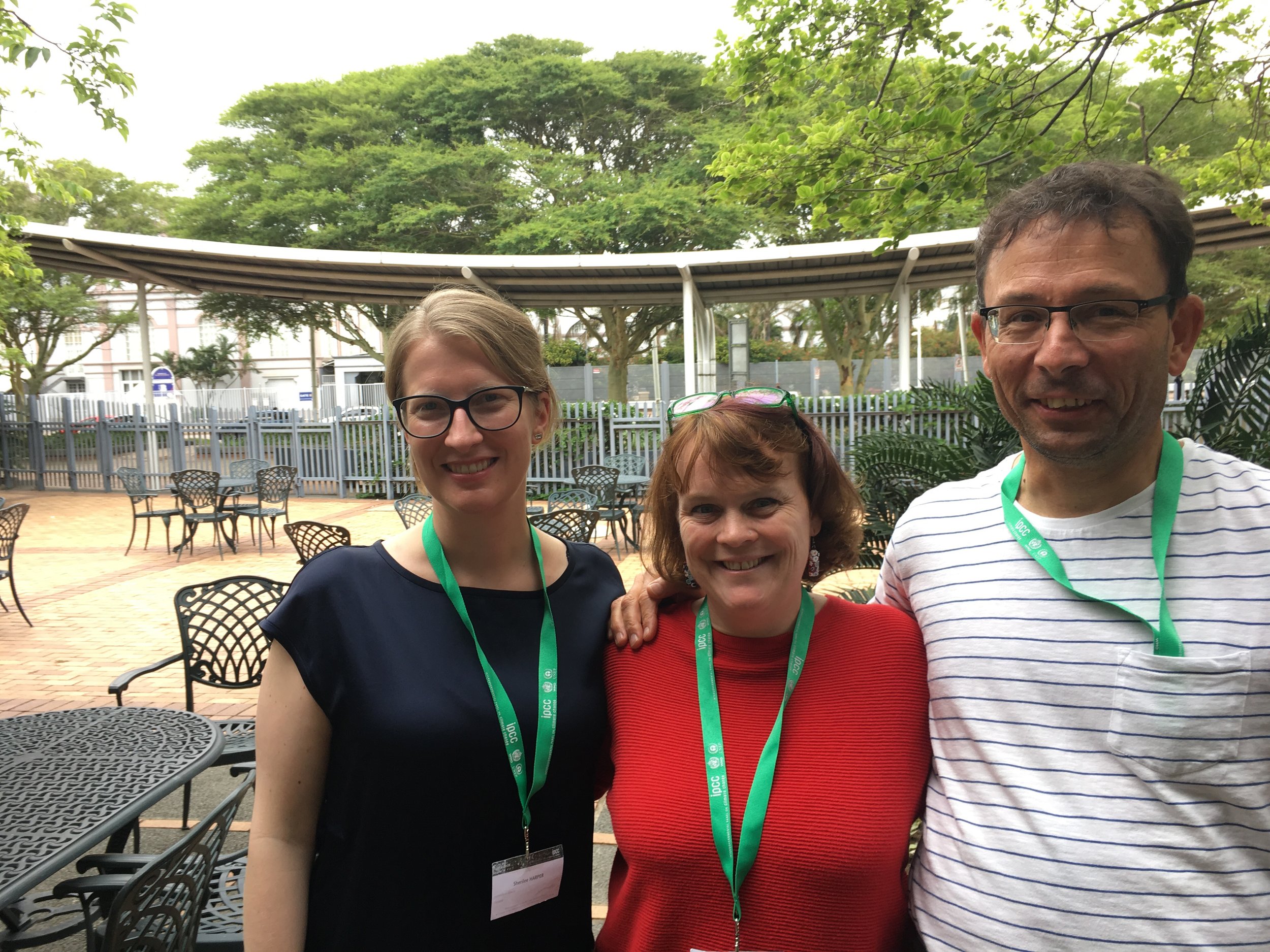CITATION
King N., Bishop-Williams K., Beauchamp S., Ford J., Berrang Ford L., Cunsolo A., IHACC Research Team, Harper S. (2019) How do Canadian media report climate change impacts on health? A newspaper review. Climactic Change. doi: 10.1007/s10584-018-2311-2
ABSTRACT
Research on climate change media coverage is growing. Few studies, however, have investigated how the media portrays climate change impacts on human health. This review, therefore, presents a quantitative spatiotemporal analysis of Canadian newspaper coverage of climate change impacts on health between 2005 and 2015. Using the ProQuest® and Eureka®databases, a multiphase systematic review strategy was employed to identify relevant English and French articles from two national and six regional high-circulation newspapers. Quantitative and qualitative data were extracted from 145 articles and analyzed to characterize the range, extent, and nature of climate-health newspaper coverage in Canada and to compare these characteristics by region and over time. Coverage varied by region, with the highest proportion of climate-health coverage in Northern Territories (Yukon, Northwest Territories, Nunavut). Over time, there was a decreasing publication frequency trend. Almost all articles described negative climate change impacts on health, with a predominant focus on infectious and chronic noninfectious diseases; however, less than half of the articles discussed climate change solutions. These trends suggest that current media coverage might not drive widespread public support for policies and actions needed to protect against projected climate-health risks. Consequently, as climate change continues to challenge human health, increasing media emphasis on climate change impacts on human health, as well as a shift toward enabling and empowering climate change communication, in which viable mitigation and adaptation options are emphasized, could help to spur action to reduce climate change health risks.










